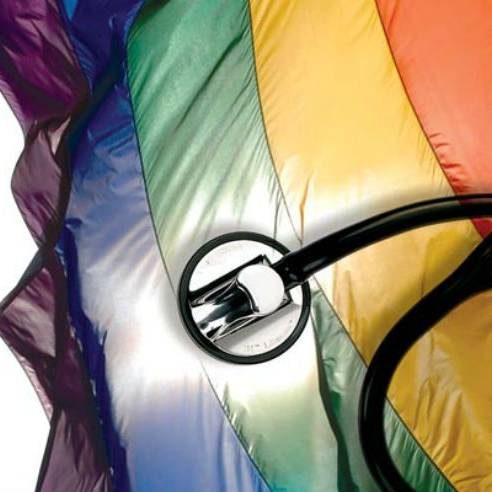The Rainbow eQuality guide is designed to promote more inclusive health care practices for LGBTI people.
The Victorian Government has launched a new support guide for health and community service groups to help sex and gender diverse Victorians get the care they need.
The Rainbow eQuality: a guide to LGBTI inclusive practice for health and human services guide was launched at Parliament House on Wednesday.
The guide was developed to assist mainstream health and community service agencies to identify and adopt inclusive practices and become more responsive to the health needs of the LGBTI community.
It features a series of principles and standards designed to address the discrimination gender and sex diverse people face when accessing healthcare, and offers health practitioners strategies for understanding LGBTI health issues.
The guide also includes a glossary of terms related to the LGBTI community to foster open communication between LGBTI people and health and community groups.
The guide is easily accessible and is set to provide an important basis for future programs. The Victorian government is also asking users to provide feedback on the guide for further development.
Victorian Minister for Equality Martin Foley believes the guide will be important in addressing the unique health issues facing the LGBTI community.
“There’s such a lack of appreciation for the particularities that LGBTI health and human services bring,” he told the Star Observer.
“There’s an appalling lack of appreciation for simple understandings of identity and support, let alone the potential complications that particular heath of human service issues might bring – whether that be alcohol and drugs or HIV.”
The Rainbow eQuality guide recognises that members of the LGBTI community experience poorer health and wellbeing outcomes compared to other Victorians due to stigma and discrimination.
Mr. Foley said he hoped the guide would help reduce this stigma and indicated that he wanted the guide distributed to all heath providers in Victoria.
“What we need to make sure is that we arm advocacy groups and individual health and human service consumers with this tool, so they can encourage their providers to use, understand and have access to it,” he said.
“I think it’ll be a combination of making sure we share the information as widely as possible and arming LGBTI health consumers with this resource.”


